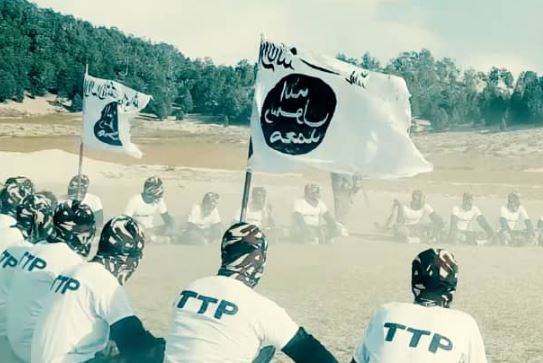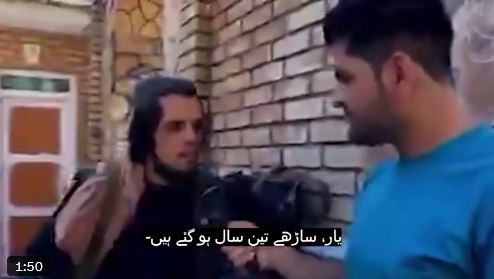The Tehrik-i-Pakistan (TTP) terrorist group has released a comprehensive 95-page manual titled “Action Plan” in Urdu, which provides instructions for its militants on a wide range of topics. The document, published on a pro-TTP Telegram channel on 25 March, outlines the group’s stance on issues such as suicide operations, war booty, prisoners, spies, and organizational structure. Some of the issues and topics raised in the document suggest that TTP are not satisfied with the behavior of its militants in some regards.
The manual advises militants on how to deal with targets like spies and security forces, as well as how to address divisions within the group. It emphasizes the importance of the following the group’s law and regulations, and living in accordance with Islamic principles, suggesting that there may be areas for improvement in these regards amongst its membership. Disobeying these rules, the document warns, could lead to destruction of the group and cause rifts amongst members.
To maintain the group’s success, the manual reaffirms the need to follow the leadership’s instructions, suggesting that the group is struggling to universally enforce its direction to militants. It advises militants to encourage members of security forces to surrender, in order to reduce the number of enemies and acquire more weapons. The document also provides guidance on how to deal with government workers who join the TTP or turn themselves in, cautioning that they should not be admitted to the group until their intentions are completely verified.

The manual emphasizes the importance of working together and putting aside regional and linguistic difference among members. This is known to be an issue in the group as it is widely reported that different factions within the group are not always willing to cooperate. It advises militants to dress like locals in order to move freely without difficulty. The document also provides guidance on suicide operations, stressing that they should not be limited and only executed when other tactics, such as landmine attacks or targeted killings, are not feasible.
The manual prohibits conducting suicide attacks against mosques, Eid gatherings, marketplaces, public areas, and funerals; threatening to punish those who do. This is likely to avoid some of the backlashes in support seen by groups such as Islamic State Khorasan Province, who have often been criticized for its attacks on religious gatherings and hospitals. It advises suicide bombers to receive proper training, scout the operation site, and aim to kill as many enemies as possible. The document emphasizes that suicide attacks should only be staged against high-profile targets, and that the lives of Muslims should not be wasted on unworthy targets.
The Action Plan echoed the sentiments of a video posted by Twitter user ‘The Intel Consortium’ on 21 March that contained an embedded 1 minute and 56 second clip in Pashto with Urdu subtitles (see image below). The video shows alleged TTP terrorists expressing their intent to conduct suicide attacks in Pakistan to eliminate “infidels” and “slavery”.

The manual also provides guidance on the treatment of prisoners, stating that their provincial leaders have the authority to free or hold prisoners. However, only the group’s central chief, deputy, or chief Qadi (Islamic judge) has the right to pass an order of execution against imprisoned individuals. The document prohibits attacking members of groups that clerics have excommunicated, unless they support the army or government. The need to specify that such targets were not legitimate in the eyes of TTP leadership suggests that there are elements in the group who believe action should be taken against a greater target set.
The manual promises to take action against anyone who disrespects or desecrates Islamic Prophets, symbols, the Quran, or the Companions of the Prophet. It also states that the group will refrain from attacking medical and educational facilities.
The document provides insight into the group’s decentralized organizational structure, which includes smaller units that can be formed in provinces and cities. These units, headed by a chief, should have a minimum of 15 members on the provincial level and five members in cities, with a maximum of 100 members. The manual recommends that these units operate independently and collect money in their own name, without using the TTP’s name. It also advises coordinating with provincial committees in the case of conducting large-scale attacks.
It is well publicized that much of the group’s leadership is based in Afghanistan and removed from its frontline fighters. The group has intensified its attacks against Pakistani security forces in recent weeks; the group has widely promulgated this in its propaganda. Despite this, the release of the “Action Plan” suggests that whilst the group remains operationally active, its disparate leadership is struggling to instill discipline and unite factions of the group behind a single agenda.

